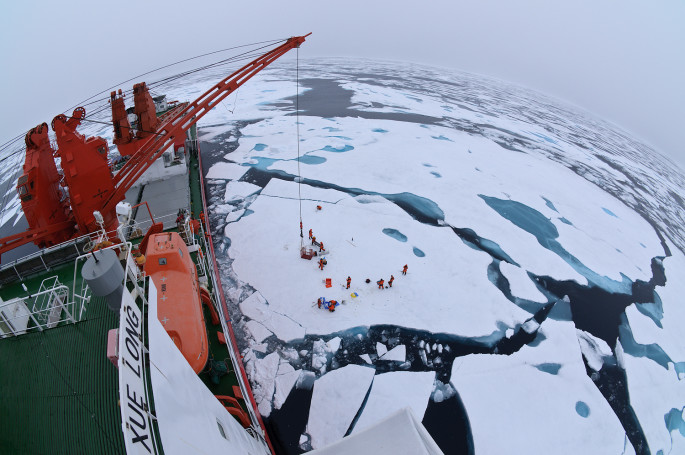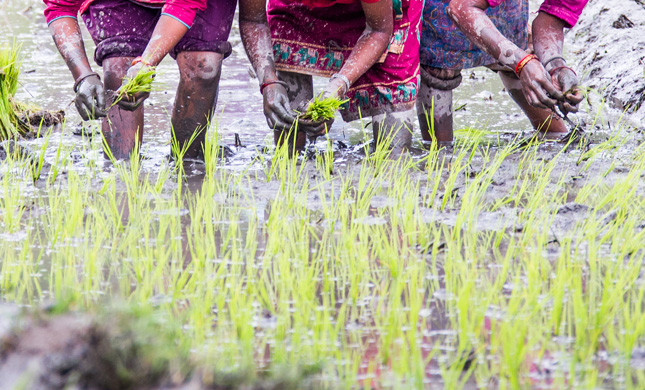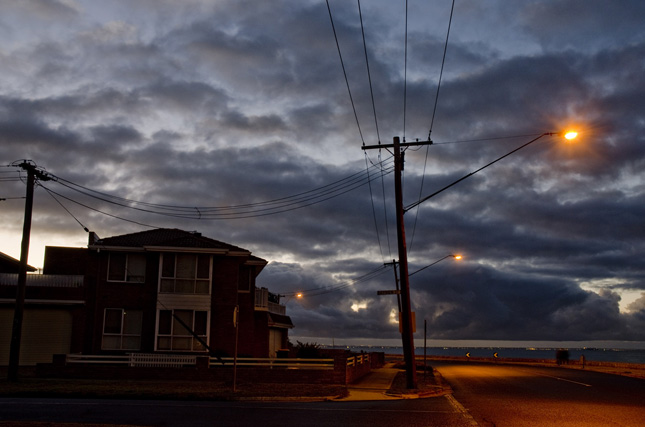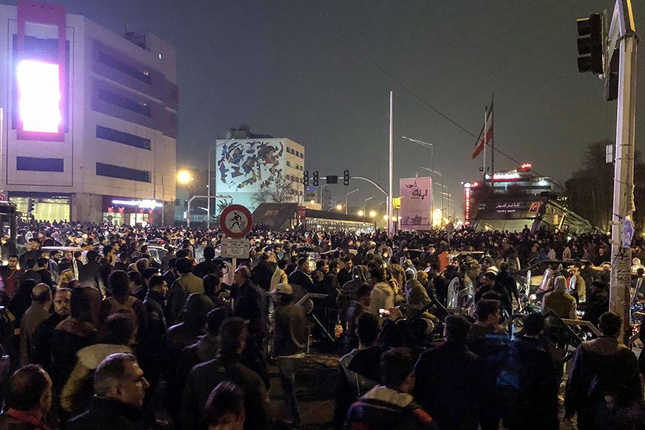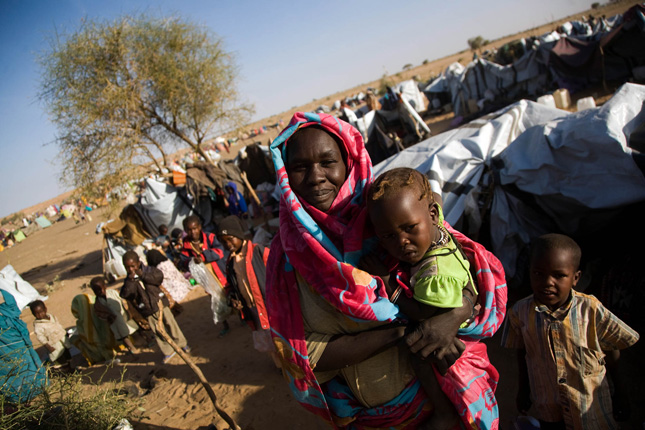-
Strengthening Health Systems Improves Healthcare for Women, Children, and Youth
›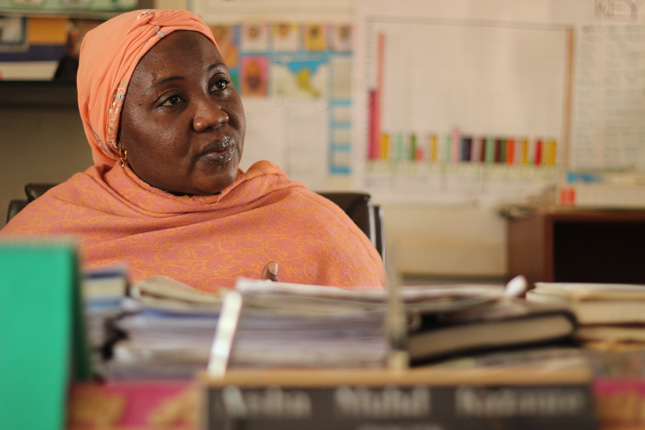
“We cannot achieve our goals of ending maternal and child deaths without addressing critical health system barriers around the world,” said Grace Chee of the U.S. Agency for International Development (USAID)’s flagship Maternal and Child Survival Program at a recent Wilson Center event. To improve the lives of mothers and children, health workers must address the underlying causes of poor health outcomes, including systemic weaknesses in health care governance, financing, and human resources.
-
China Has Arrived in the Arctic: Q&A With Sherri Goodman
›
To further its goals to strengthen the global economy, China has already invested $300 billion of its pledged $1 trillion towards its Belt and Road Initiative—a massive infrastructure investment plan that spans 60 countries across Southeast Asia, Central Asia, Africa, South Asia, the Middle East, and Eastern Europe. China’s initiative will shift the world’s political, environmental, and economic landscape.
-
From Communities to Landscapes: Multi-Scale Approaches to Climate Adaptation in Nepal
›
“Some people are more vulnerable than others” to climate change, said Judy Oglethorpe, senior director of Multilateral Program Development of the World Wildlife Fund-US (WWF) at a recent event on climate change, biodiversity, and livelihoods. Oglethorpe is the chief of party for the Hariyo Ban (Green Forests) Program, which seeks to increase ecological and community resilience to climate change in two biodiverse landscapes in Nepal. Taking a “multi-scale approach let[s] us focus on the most vulnerable people,” said Oglethorpe, and “work at different scales and across different disciplines…to reduce people’s vulnerability.”
-
The Sophomore Curse: Sampling Bias and the Future of Climate-Conflict Research
›
Recently, Nature Climate Change published a new study demonstrating significant sampling bias in the research that informs our understanding of whether climate change will accelerate human conflict. I was a peer reviewer of “Sampling bias in climate–conflict research,” and I wrote an accompanying “News and Views” piece summarizing it. I am fascinated by the issue of sampling bias; it’s perhaps the most consequential and least recognized form of bias in the social sciences, with potentially massive consequences for what we (think we) know about a host of phenomenon.
-
Uncomfortable Companions: Fertility Decline and Ideology in Iran
›
It should be an excellent time to be a young Iranian: High school and college enrollments in the Islamic Republic rank near the top of Muslim-majority countries. Women have only about two children on average, compared to 6.5 in the mid-1980s. And childhood mortality is projected to approach North American levels in the next 15 years. Yet, as the recent protests show, many young Iranians feel left out. Job growth—especially for young adults—has failed to keep pace with development, while persistently high rates of inflation steadily drive up the cost of living and cut deeply into Iranians’ savings.
-
Managing Sludge Mountains: What Beijing Can Learn From Brazil
›
Just days before the 2016 Summer Olympics began in Rio de Janeiro, the Brazilian city faced an unsavory problem: how to handle its overwhelming sewage. Nearly half of Rio’s municipal wastewater flowed untreated into Guanabara Bay, where the waters were so polluted by sludge that direct contact was deemed a health hazard to Olympic athletes.
-
Women on the Front Lines of Change: Empowerment in the Face of Climate and Displacement
›
With a swiftly changing climate comes rapidly rising sea levels, more frequent storms, and rising inequality. Slow yet consistent events like sea-level rise, as well as extreme events like hurricanes and other climate disasters, can force women and families from their homes. As the climate continues to change, adaptation will become more difficult, spurring some to leave home in search of safer ground. In the face of climate-induced instability, women are not just on the frontline of impacts, but also at the forefront of solutions.
-
Environmental Cooperation Can Facilitate Peace Between States
›
Environmental stress and climate change can accelerate instability and conflict—but shared environmental problems can also be a source of cooperation and facilitate peacemaking between states. Transnational environmental problems are common threats and often cross national boundaries, requiring international cooperation to address. In turn, this cooperation can provide a good entry point for building trust and cooperation.
 A Publication of the Stimson Center.
A Publication of the Stimson Center.

